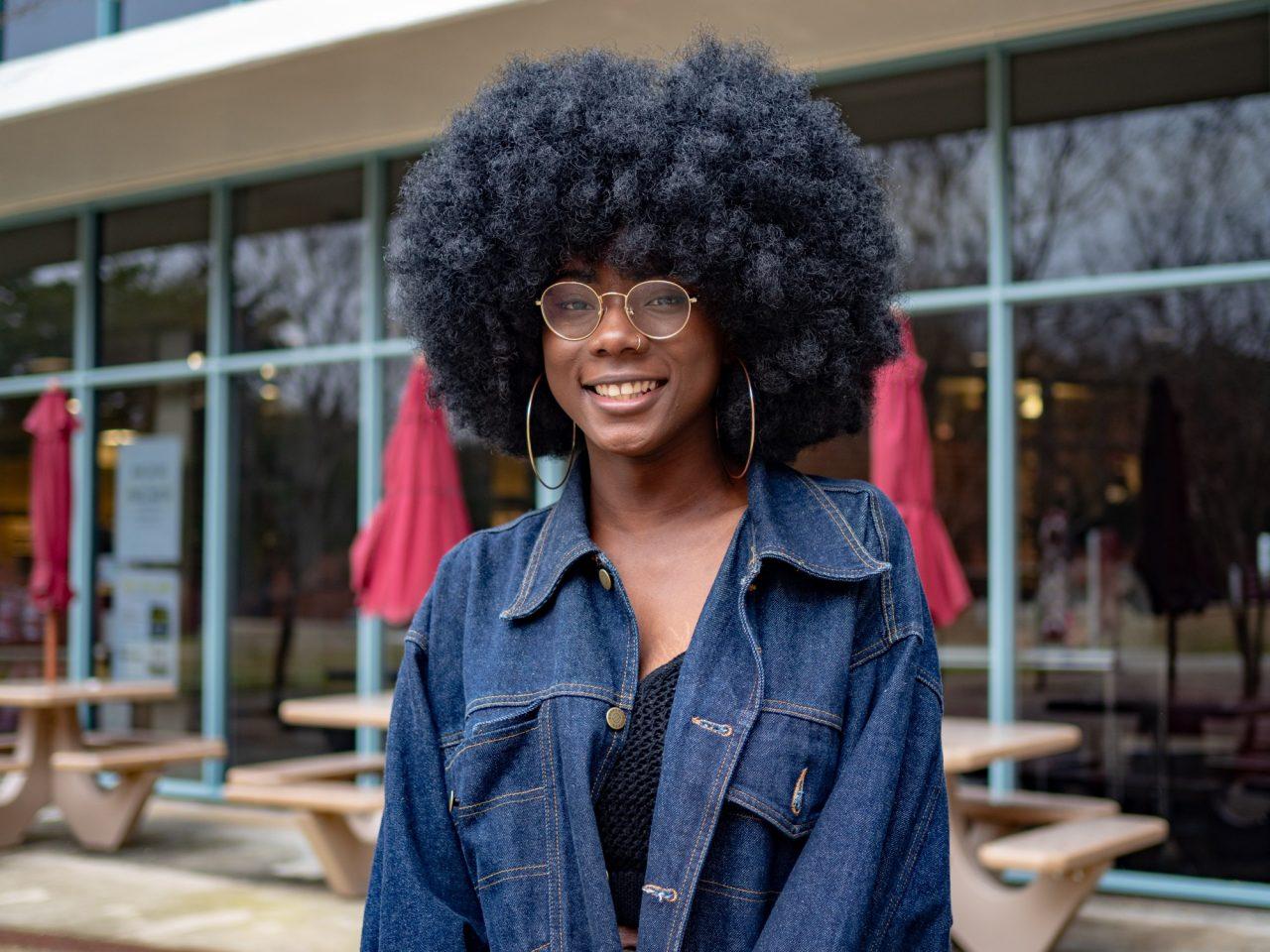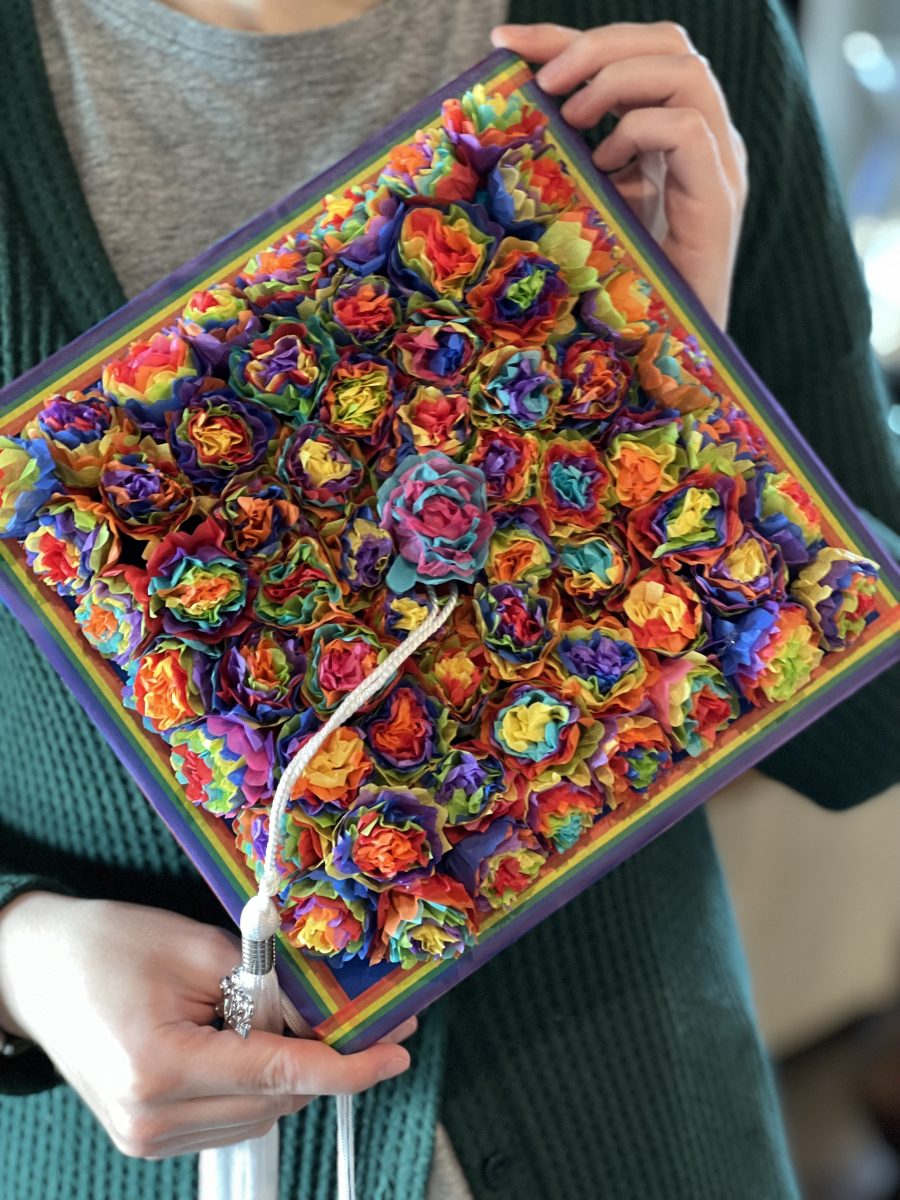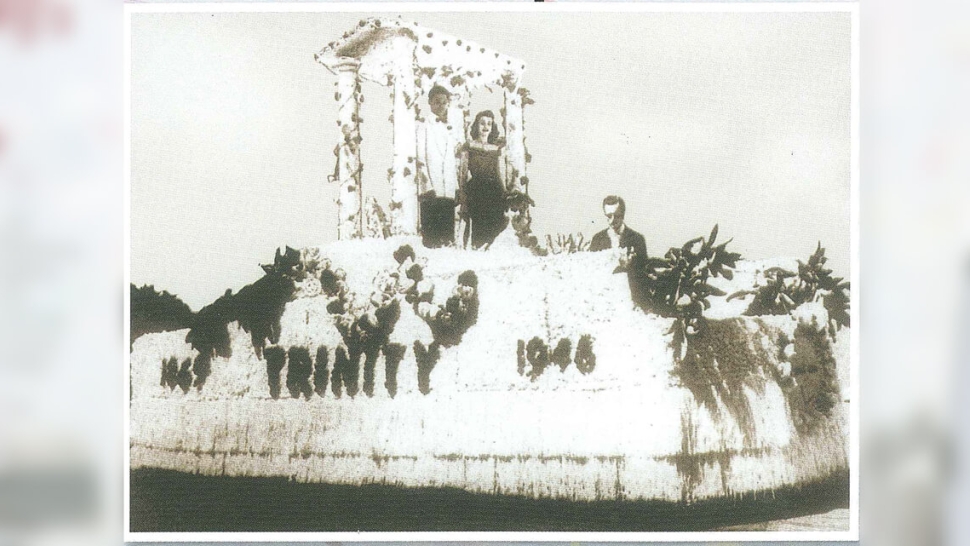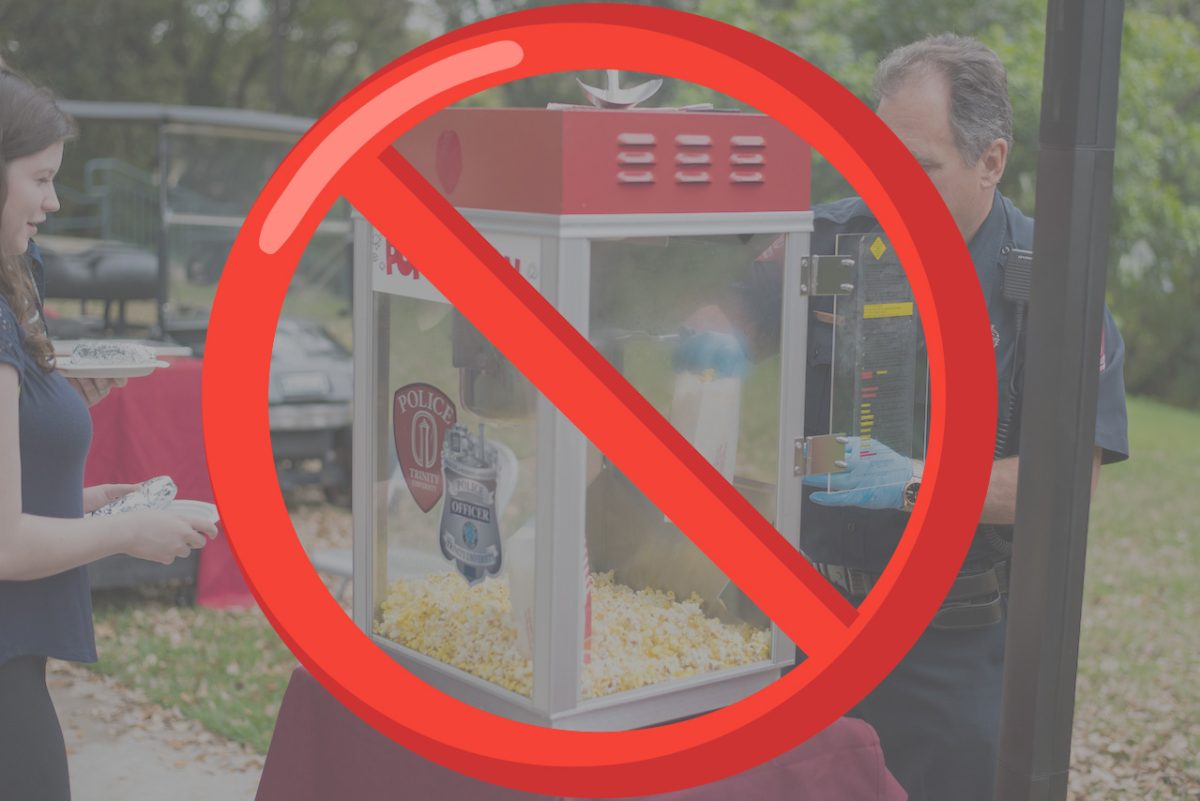Photo by Genevieve Humphreys
Last week, I wrote a thread on twitter (@curatedbykezia) about dating/hookup culture at Trinity and then proceeded to expand that into a broader picture about the concept of sexuality as a framework of life for Black women. I speak specifically in regards to heterosexual sex culture from my perspective.
Love, dating, hooking up and everything else that encompasses the college dating and hookup culture is a complicated mess. It’s basically a game of chess in which you have to envision your opponent’s next move and then coordinate your next move accordingly. It becomes really difficult and complicated to try to read other people’s minds, and often, being bold and direct is seen as something out of the norm. Imagine the difficulty of navigating this system of dating and hookup culture as a woman. The system of dating and hookup culture is not created to uplift women. In fact, it is much more beneficial to men as it often centers their sexual needs, desires and pleasures. Women are often seen as “nymphs” or sexual freaks for centering their own sexual needs, desires and pleasures when participating in the system of dating/hookup culture. The complexity of this culture is difficult for any woman to navigate, but I believe that it is especially difficult for Black women — particularly dark-skinned Black women.
Black women are undoubtedly hypersexualized and often objectified in the media more than any other racial group. Black women’s bodies are often equated to their value in the media. We mainly see this type of hypersexualization in hip-hop culture denoted by the ways in which men speak of Black women in terms of their curvaceous attributes or lack thereof. For example, the majority of popular trap songs often have lyrics focused on women “throwing it back” with “big asses.” So much so that Trap Beckham had to release a song called “Little Booties Matter” to celebrate the Black women with “little booties.” Regardless, these songs often equate the value of Black women to their bodies. We also see this type of hypersexualization in the ways men speak of other women in different racial groups. For example, men will sometimes claim that it is over for Black women because other women have learned that squats help with a more protruding, shapely butt. Some people will associate bigger hips, butts and boobs with “Blackness,” therefore reducing Black women’s bodies to an object of sexual desire that is heavily tied to their value as a human. This sentiment is translated into how Black women are viewed and valued in dating and hookup culture. In dating and hookup culture, men often associate the value of a Black woman to her body or her ability to provide sexual pleasure. This is particularly true for darker skinned Black women, whose beauty is often minimized while their sensuality is maximized. The differences in how Black women are perceived in dating and hookup culture is heavily linked to anti-blackness and white beauty standards — essentially colorism. Colorism refers to the idea that lighter skinned people (of every racial and ethnic category) are found more attractive according to white beauty standards, and this perception of beauty often leads to more opportunities in life.
In regards to dating and hookup culture, it is especially difficult for darker skinned Black women to enjoy being apart of dating and hookup culture. Speaking specifically from my experiences as a darker skinned Black woman and from my observations of others, I theorize that black women are so hypersexualized in dating and hookup culture that it becomes difficult for them to “reclaim” their sensuality in the same manner as other women. Where other women are demeaned and devalued to just their bodies, they are also often associated with some value other than their bodies, though still gendered and sexist. Asian women are often associated with submissive tropes, which can be a gateway to marriage or motherly positions in the dating and hookup culture. Latinx and Hispanic women are often associated with a palatable level of sassiness that can be linked to “wifey material.” These “gateways” associated with other women allow for their values to be linked to traits other than their bodies. On the other hand, attributes of Black women — other than their bodies — are often seen as associated with negative stereotypes or tropes. In regards to darker skinned Black women, any expressions of passion are often seen through the lens of “anger” or associated with irrationality. Stereotypes and tropes of Black women often paint them as “ghetto,” “loud,” “angry” and “unintelligent”. All of these ideas regarding Black women, and once again particularly dark-skinned Black women, get translated into the dating/hookup culture and leave Black women to tackle these tropes while simultaneously navigating the dating/hookup system that isn’t created for them. This is why, in my opinion, dating and hookup culture often becomes exhausting for Black women. They either choose to fall back and wait for the right time and space, or they choose to exist within the system and tackle blows to their sexual freedom as they come. This also explains why many straight-identifying Black women often have stories about possible sexual experimentations or the desire to have had the capability to do so. Black women are typically more concerned with using their racial and gender identities as their framework of life, leaving very little room for exploration of their sexual identities.
All of these thoughts and ideas sometimes make me wonder if I have left any room in my framework of life to explore what my sexuality and sensuality is composed of. Sometimes I wonder if my participation in the dating and hookup culture only leaves me to become part of the system that oppresses sexual freedom in women or if I am truly in control of my actions. The line is blurred for all women, but I think that for many Black women, the line doesn’t even exist for us. We are placed in systems that did not create a space for us. This is something we must tackle every day and in every moment, even in something as nonchalant to others as to whether or not hooking up with this one guy is really an equally beneficial situation. Can I truly enjoy my sexual freedom if I am still placing myself in a position to be objectified? Does that deny me enjoyment of myself and exploration of myself?







